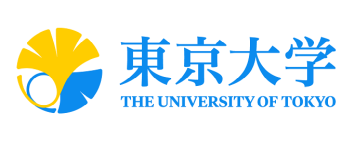T-cell recognition of antigen epitopes is a crucial step for the induction of adaptive immune responses, and the identification of such T-cell epitopes is, therefore, important for understanding diverse immune responses and controlling T-cell immunity.
A number of bioinformatic tools exist that predict T-cell epitopes; however, many of these methods highly rely on evaluating conventional peptide presentation by major histocompatibility complex (MHC) molecules, but they ignore epitope sequences recognized by T-cell receptor (TCR). Immunogenic determinant idiotopes are present on the variable regions of immunoglobulin molecules expressed on and secreted by B-cells. In idiotope-driven T-cell/B-cell collaboration, B-cells present the idiotopes on MHC molecules for recognition by idiotope-specific T-cells. According to the idiotype network theory formulated by Niels Jerne, such idiotopes found on anti-idiotypic antibodies exhibit molecular mimicry of antigens.
In this study, by combining these concepts and defining the patterns of TCR-recognized epitope motifs (TREMs), we developed a T-cell epitope prediction method that identifies T-cell epitopes derived from antigen proteins by analyzing B-cell receptor (BCR) sequences. This method allowed us to identify T-cell epitopes that contain the same TREM patterns between BCR and viral antigen sequences in two different infectious diseases caused by dengue virus and SARS-CoV-2 infection.
The identified epitopes were among the T-cell epitopes detected in previous studies, and T-cell stimulatory immunogenicity was confirmed and hence, our data support this method as a powerful tool for the discovery of T-cell epitopes from BCR sequences.
Reference:
Nakamura et. al., Viruses 2023, 15(5), 1186.
Access manuscript here.
Collaborators:
● Repertoire Genesis Inc
● Department of Molecular Life Science, Tokai University School of Medicine
● BITS Co., Ltd.
Funding:
Japan Agency for Medical Research and Development (AMED) grant numbers JP20wm0125006, 20wm0225001h0001, and JP233fa627001




